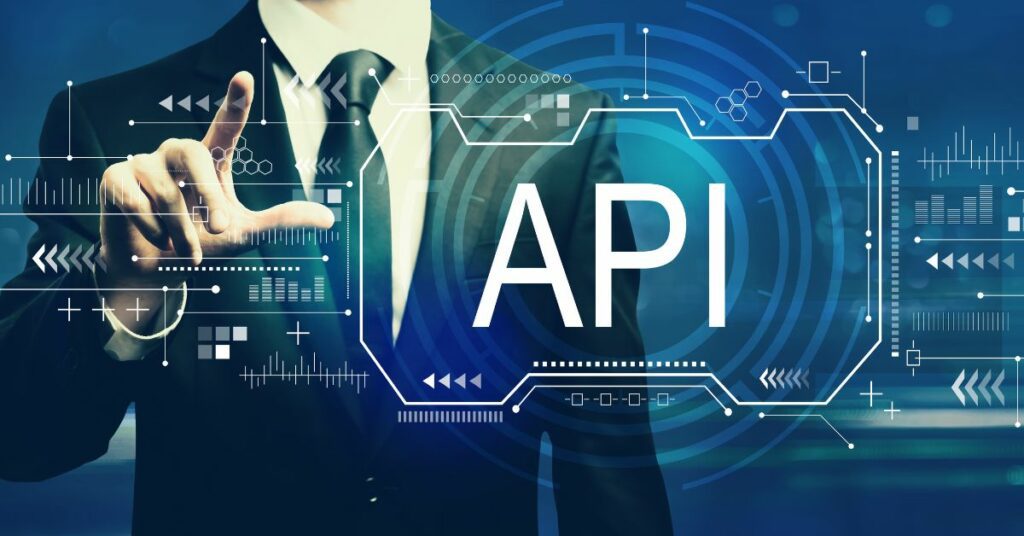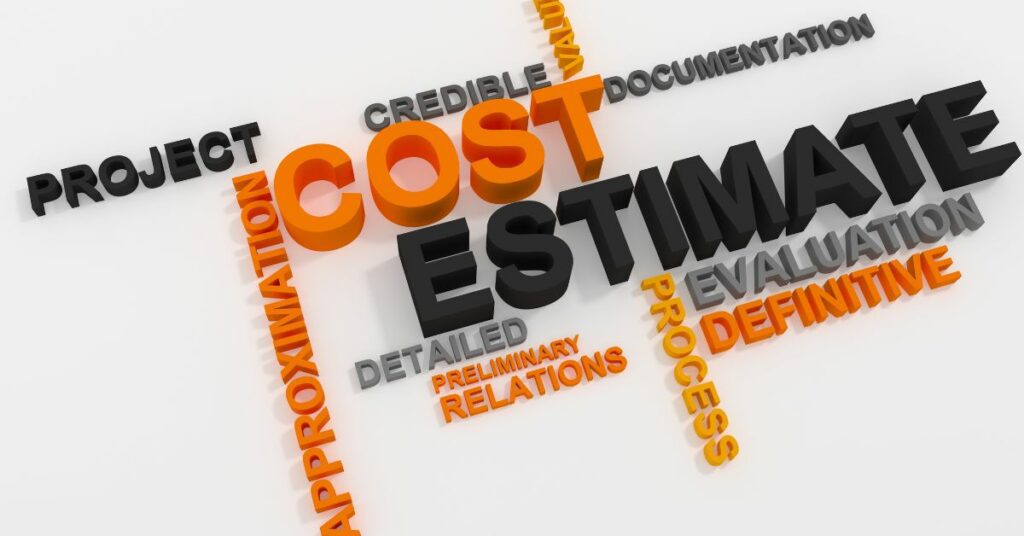In today’s world, online payments have become an integral part of businesses, and payment gateways are the backbone of online transactions. As an entrepreneur, you may have come across the term “payment gateway” several times. It is an essential tool for accepting payments online. In this blog, we’ll discuss everything you need to know about creating a payment gateway, including the basic components, critical factors, time and cost, and what to keep in mind during payment gateway development.
What Is a Payment Gateway? How Does It Function?
A payment gateway is a secure online service that facilitates electronic payment transactions between merchants and customers. It is an intermediary that connects the merchant’s website or application to the payment processor or acquiring bank. The gateway encrypts and transmits the transaction data to the payment processor for authorization, and if the transaction is approved, it returns the response to the merchant, completing the payment process.
Who Can Benefit from Using a Payment Gateway?

Any business that accepts payments online can benefit from using a payment gateway. It is particularly useful for e-commerce businesses, online marketplaces, subscription-based services, and online service providers.
Read the case study: Easy Payments Transfers By AEPS
Basic Components of Payment Gateways
The payment gateway facilitates transactions between merchants, banks, and customers, ensuring that the payments are secure and reliable. There are several basic components that make up a payment gateway, including:
Frontend integration: The frontend integration allows customers to enter their payment information and initiates the payment process.
Backend integration: The backend integration includes the server-side code that processes the transaction and communicates with the payment processor.
Payment processor integration: The payment processor is the component that connects the merchant’s website to the banks or credit card networks. It receives the payment details from the customer and sends them securely to the appropriate bank or credit card network.
Merchant Account: The merchant account is a type of bank account that allows merchants to accept and process credit card transactions. The payment gateway provider facilitates the creation of this account, which is used to receive payments from customers.
Payment Gateway API: The Payment Gateway API is the interface that allows merchants to connect their website or application to the payment gateway provider’s servers. The API provides a set of tools and protocols that allow the merchant’s website to communicate with the payment gateway server to initiate and authorize transactions.

Security features: Security is a critical component of any payment gateway. Payment gateways utilize various security protocols and technologies to ensure that payment details are safe and secure. Encryption is used to protect the data in transit, and other security measures such as fraud detection and prevention are also implemented. Security features like SSL/TLS encryption, 3D Secure, and fraud detection tools are critical components of a payment gateway.
User Interface: The user interface is the component that the customer interacts with during the payment process. The payment gateway provides a secure and user-friendly interface that allows customers to enter their payment details and complete the transaction.
Step-By-Step Payment Gateway Development Process

The payment gateway development process can vary depending on the specific requirements and technologies used. However, the following steps are commonly involved in the development of payment gateways:
Planning and Requirements Gathering: This initial phase involves gathering the requirements for the payment gateway from the client or business owner. The development team will identify the key features and functionalities needed for the payment gateway, such as payment methods, security protocols, and user interface.
Design and Architecture: Once the requirements are gathered, the development team will create the design and architecture of the payment gateway. This involves identifying the various components and modules of the payment gateway, such as the payment processor, user interface, and security protocols.
Development: The development phase involves coding the various components of the payment gateway. The payment processor and API are developed to allow communication with banks and credit card networks, and the user interface is created to allow customers to enter payment details.
Testing: Testing is an important step in the development process to ensure that the payment gateway is working correctly and securely. The payment gateway is tested for functionality, security, and performance.
Integration: The payment gateway is then integrated with the merchant’s website or application. The API is connected to the merchant’s servers, and the payment gateway is tested for compatibility with the merchant’s systems.
Deployment: After the payment gateway is tested and integrated, it is deployed to the production environment. The payment gateway is configured and made available for customers to use.
Maintenance: The payment gateway requires ongoing maintenance and support to ensure that it is working correctly and securely. The development team provides support for the payment gateway, and updates are made to the payment gateway to ensure that it remains up-to-date with the latest technologies and security protocols.
Aspects to Keep in Mind for Developing a Payment Gateway

Developing a payment gateway is a complex process, and there are several critical factors to keep in mind:
Compliance with regulations: Payment gateways must comply with the Payment Card Industry Data Security Standard (PCI DSS) and other relevant laws and regulations to ensure the security of sensitive data.
Integration: Payment gateways must be integrated seamlessly with the merchant’s website or application.
Security: Payment gateways must have robust security features to protect against fraud and data breaches.
Payment processing: Payment gateways must have a reliable payment processing system to authorize transactions quickly and efficiently.
Scalability: Payment gateways must be scalable to handle increasing transaction volumes.
User experience: Payment gateways must provide a smooth and seamless payment experience to users to ensure a high conversion rate.
Scalability: Payment gateways must be scalable to handle increasing transaction volumes.
How Much Time Does It Take to Build a Payment Gateway of High Quality?
The time it takes to build a payment gateway depends on several factors, such as the complexity of the project, the required features, and the development team’s experience. However, developing a payment gateway typically takes anywhere from six months to a year.
How Much Does it Cost to build a Payment Gateway?

The cost of building a payment gateway can vary significantly, depending on several factors like the required features, the development team’s experience, and the development location. Generally, developing a payment gateway can cost anywhere from $40,000 to $100,000.
Also read: How Much Does it Cost to Build a Mobile App?
Conclusion
In conclusion, developing a payment gateway requires careful planning, expertise, and attention to detail. By following the critical factors and aspects mentioned above and choosing the right payment gateway development team, you can develop a payment gateway that is secure, scalable, and user-friendly, enabling you to accept payments online with ease.
Why Hire us for Your Payment Gateway Development?
If you are looking for payment gateway development, it’s essential to choose a reliable and experienced development team that can deliver high-quality solutions tailored to your specific needs. Here are some reasons why you should hire us for your payment gateway development:
Expertise: Our team has 10+ years of experience in payment gateway development and has worked with clients across various industries.
Customized solutions: We understand that each business has unique requirements, and we provide customized solutions tailored to your specific needs.
Security-focused: Security is a top priority for us, and we ensure that our payment gateways comply with all relevant regulations and industry standards.
Scalable solutions: Our payment gateways are designed to be scalable, so they can handle increasing transaction volumes as your business grows.
Seamless integration: We ensure seamless integration with your website or application, providing a smooth payment experience to your customers.
Still, have doubts? Connect to our top IT experts for a free consultation of your project & requirements!
We are proud to mention that our work has been recognized by leading B2B reviews and research platforms like GoodFirms, Clutch, MirrorView, and many more.


Guide to Payment Gateway Development for your Business in 2023